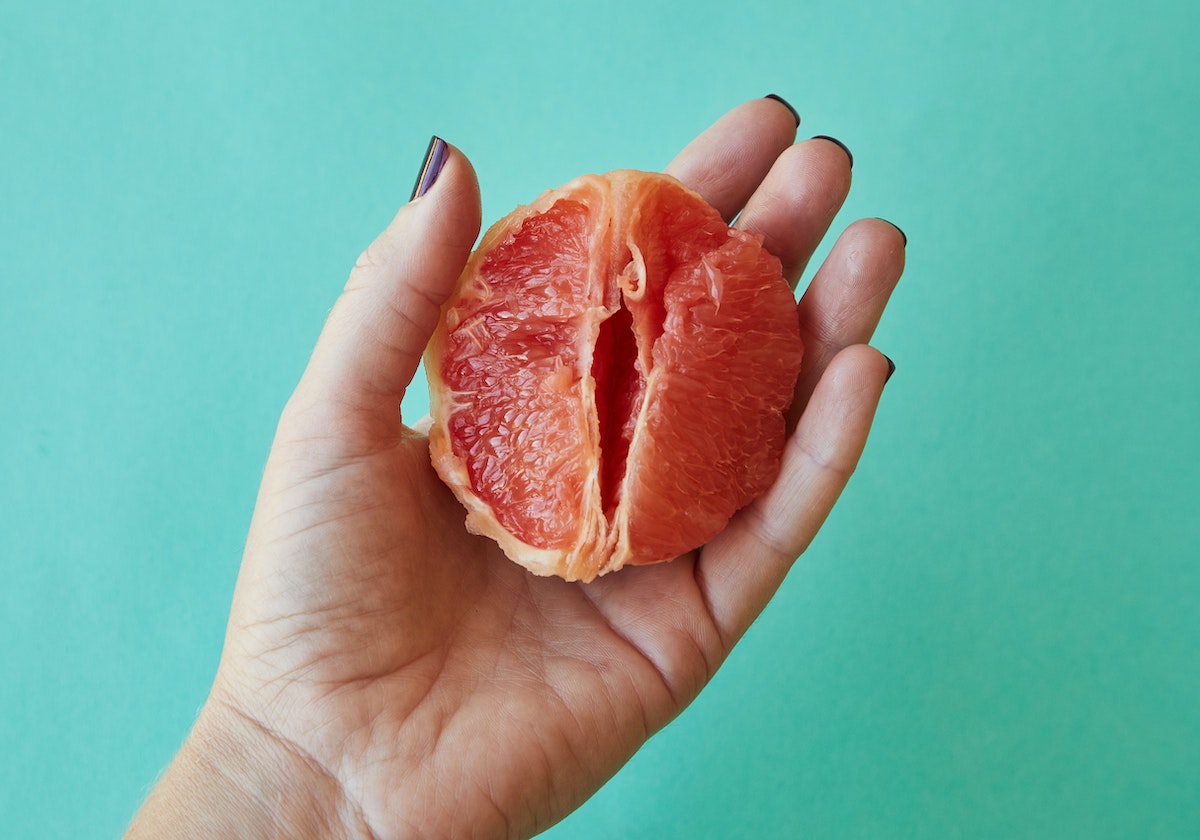This post was first published on Femtech Insider on July 24, 2023.
In a world where we consume huge amounts of digital content day in and day out, the significance of visuals in narrating the human experience is huge as well. Images speak louder than words and instill a deep, almost imperceptible imprint on our collective view of the world. However, when it comes to representing women’s health, there is a gaping chasm between reality and the pictures available on free stock photo platforms like Pexels or Unsplash.
This misrepresentation is unfortunate, and given the reach of these platforms, this post shall serve as a call for change. Because – as you will see below – change really is desperately needed.
Pregnancy

Starting with pregnancy, we see a disconcerting trend. Women in these images often exist solely as vessels for their unborn children. The focus is narrowly honed on their bellies, so much so that in many photos, the pregnant woman’s head is conveniently out of the frame. The woman is essentially depersonalized and reduced to a symbol of maternity. While pregnancy is a significant aspect of many women’s lives, the narrative should encompass their full identities, rather than simply portraying them as anonymous incubators.
Menopause

Then there’s the depiction of menopause, a phase fraught with change for women. It’s a life transition that involves more than just the cessation of menstruation. However, stock photos have a habit of showcasing menopausal women as gaudily dressed, wild grandmothers, cavorting on skateboards or spinning records like hipster DJs. Rather than being an insightful portrayal, these “staying young” themed images border on the comical, reinforcing damaging stereotypes that trivialize the complexities of this stage in a woman’s life.
Pelvic Health

The representation—or lack thereof—of pelvic health in stock imagery is another glaring concern. Search for “pelvic health,” and you won’t find much or will likely be flooded with images of pregnant women. However, pelvic health issues are widespread and extend far beyond pregnancy, affecting many women across their lifespan. Chronic pelvic pain, urinary incontinence, sexual dysfunction—these are conditions millions of women battle every day, often in silence. Yet, the stock images offered do little to acknowledge these widespread experiences.
Female Anatomy

And, finally, the infamous representation of vaginas as fruit. Apples, peaches, papayas—pick your produce. This oversimplification and metaphorical portrayal reinforces the narrative that female anatomy is something to be discreetly hinted at, something that can’t be discussed openly and factually. It’s 2023, and it’s time we moved past the fruit aisle to engage in candid dialogues about women’s bodies.
Challenging Stereotypes in Women’s Health Imagery
“When we see images of women and girls and men, they often fall into the stereotypes that we’re trying to overcome, and you can’t be what you can’t see,” said Sheryl Sandberg, when her organization LeanIn.Org released a set of stock photos challenging stereotypes of women in the workplace in collaboration with Getty Images in 2014.
We need the same representation and change in women’s health and stock photo platforms have a responsibility in this regard. They hold the power to shape perceptions, influence discourse, and ultimately alter societal narratives. By making a conscious effort to diversify their catalogs and include images that genuinely reflect women’s lived experiences, they can help forge a more inclusive visual culture.
It’s time to move beyond the fruit and the belly. It’s time to display images that represent the rich tapestry of women’s experiences in their entirety. Not just as mothers or grandmothers, not as comical caricatures, but as real, multifaceted individuals navigating the complexities of health and life.

Leave a Reply